
Beyond Good And Evil: Bilingual Edition (English – German)
¥40.88
Beyond Good And Evil: Bilingual Edition (English – German)

Thus Spake Zarathustra: Bilingual Edition (English – ?German)
¥40.88
Thus Spake Zarathustra: Bilingual Edition (English – ?German)
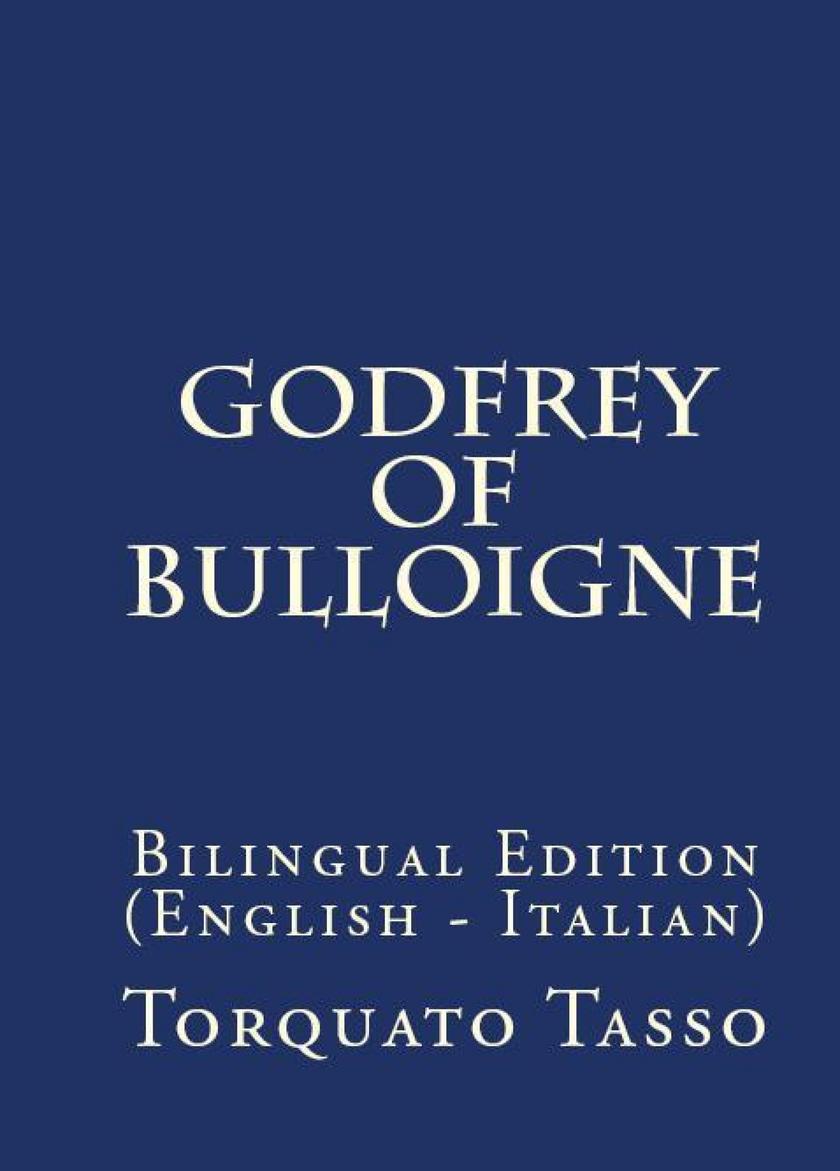
Godfrey Of Bulloigne: Bilingual Edition (English – Italian)
¥40.88
Godfrey Of Bulloigne: Bilingual Edition (English – Italian)

The Scarlet Letter: Bilingual Edition (English – Spanish)
¥40.88
The Scarlet Letter: Bilingual Edition (English – Spanish)
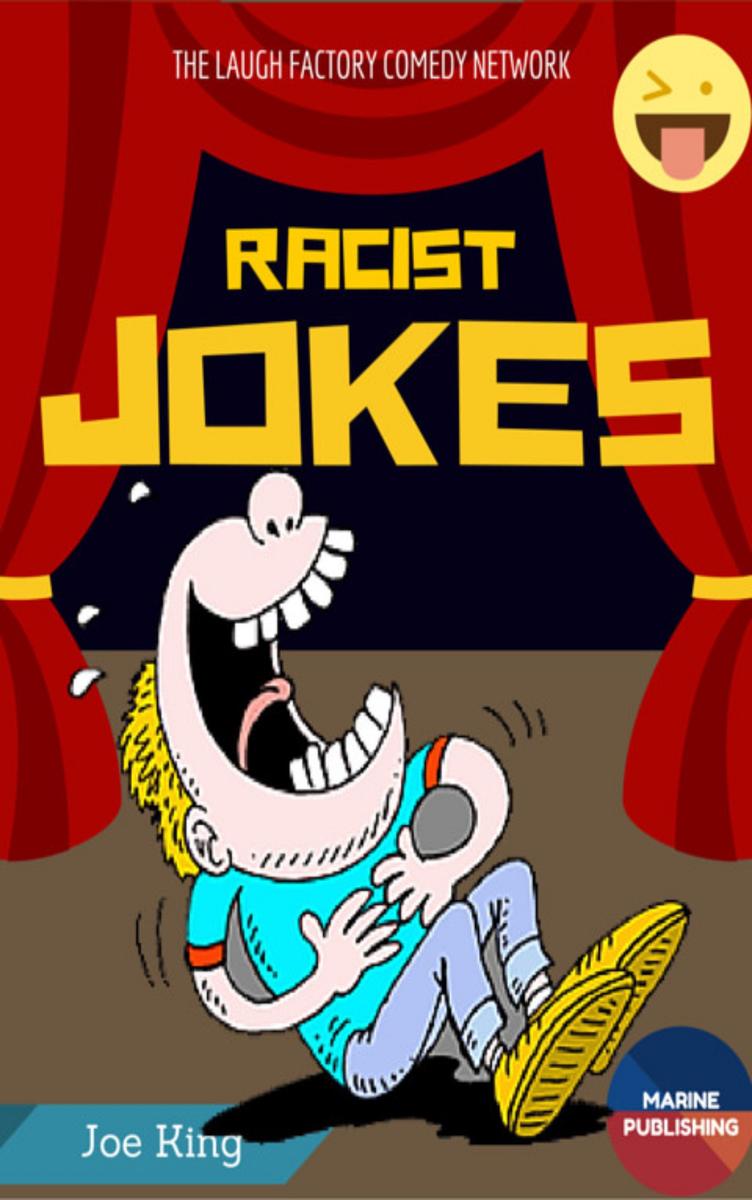
Racist Jokes
¥2.78
Racist Jokes

Celebrate America Box Set
¥66.22
Celebrate America Box Set
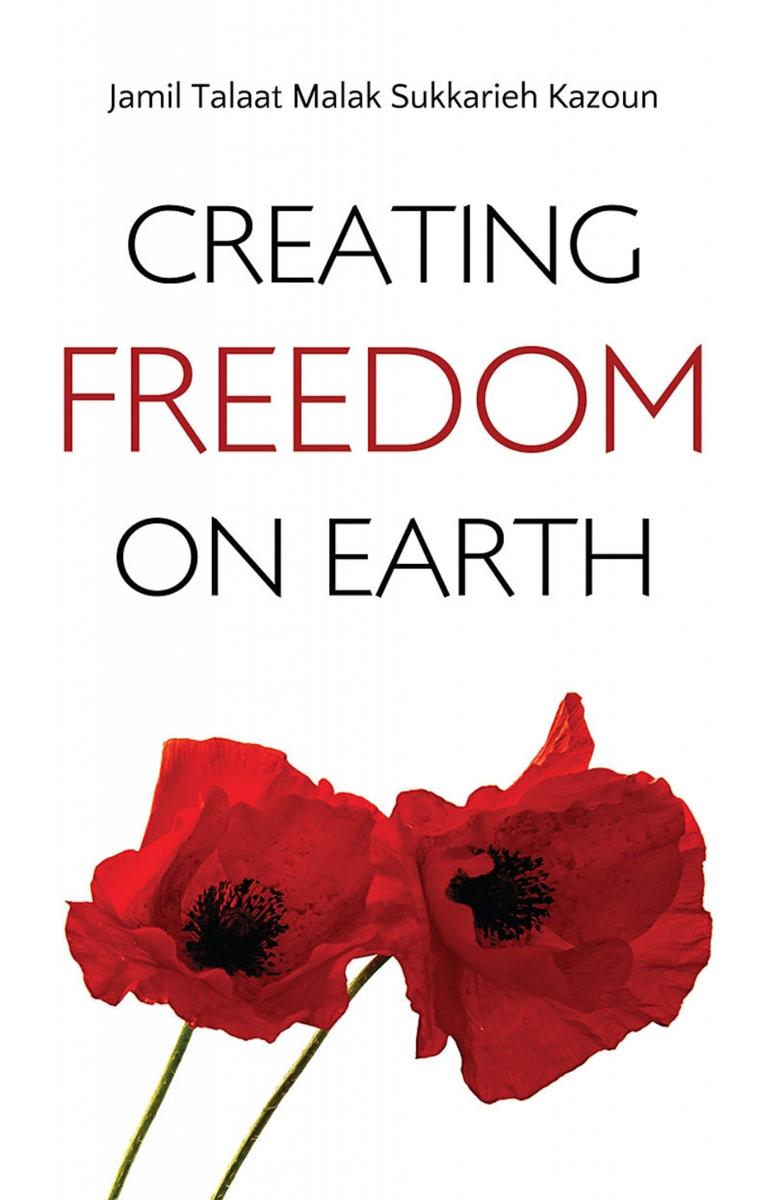
Creating Freedom On Earth
¥40.88
Creating Freedom On Earth

Sex in Education
¥24.44
Sex in Education
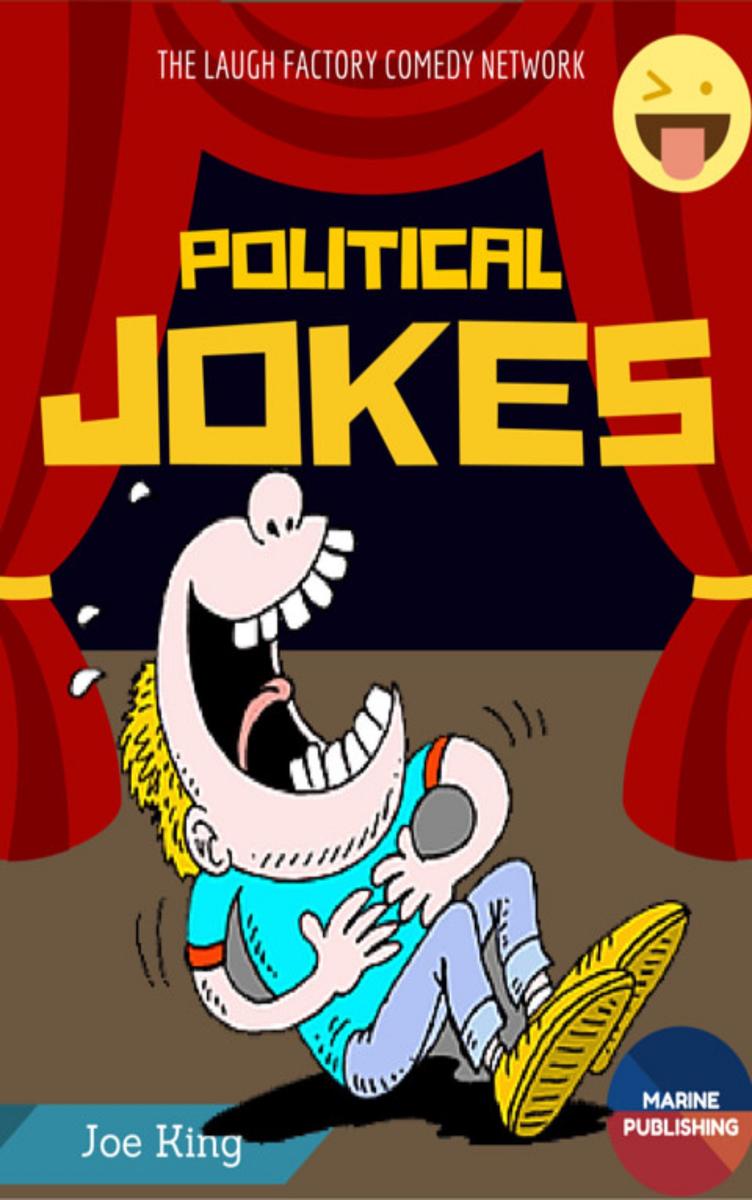
Political Jokes
¥2.78
Political Jokes
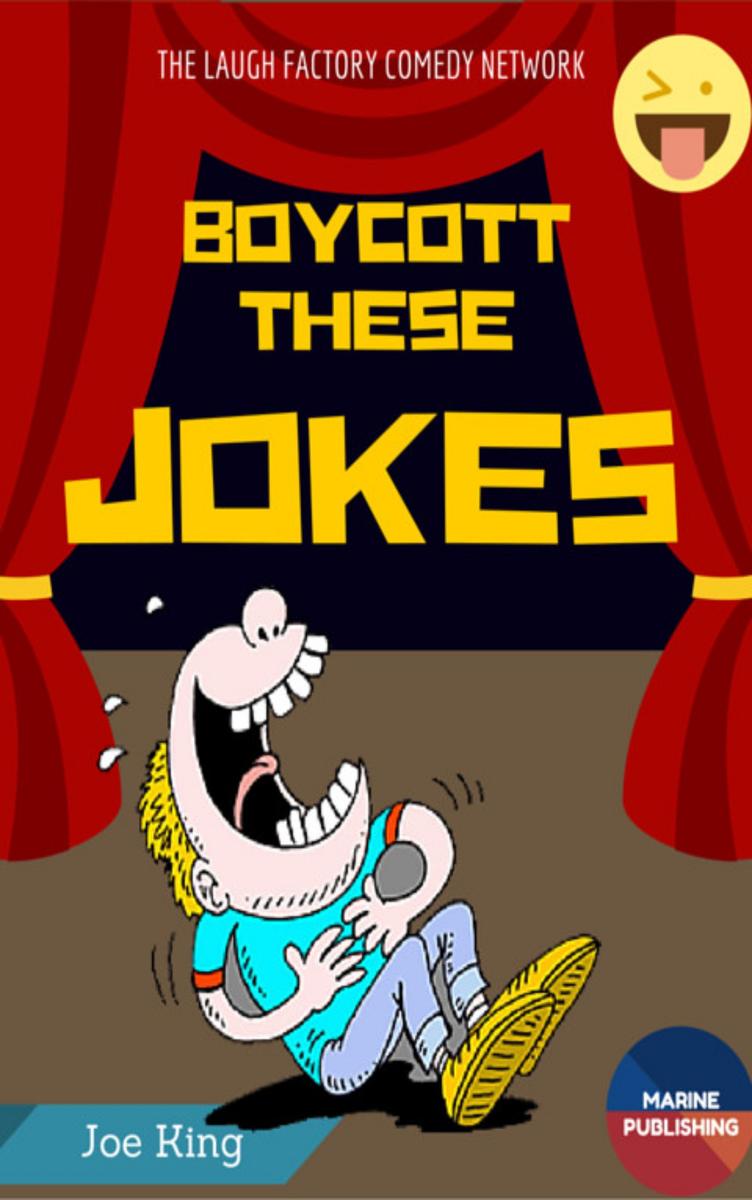
Boycott These Jokes
¥4.09
Boycott These Jokes

Make Money Online
¥24.44
Make Money Online
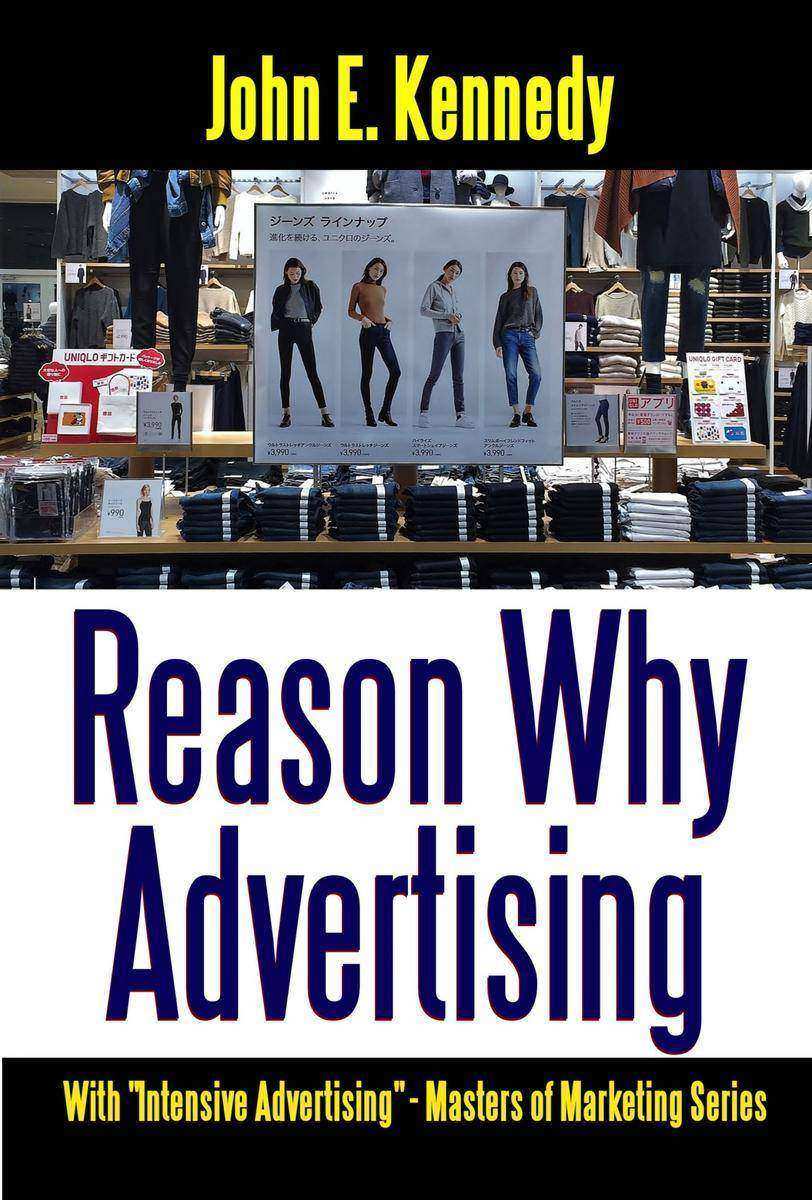
Reason Why Advertising: With Intensive Advertising
¥32.62
Reason Why Advertising: With Intensive Advertising

Plotting the Short Story
¥32.62
Plotting the Short Story

Find Your Hobby Box Set
¥88.29
Find Your Hobby Box Set
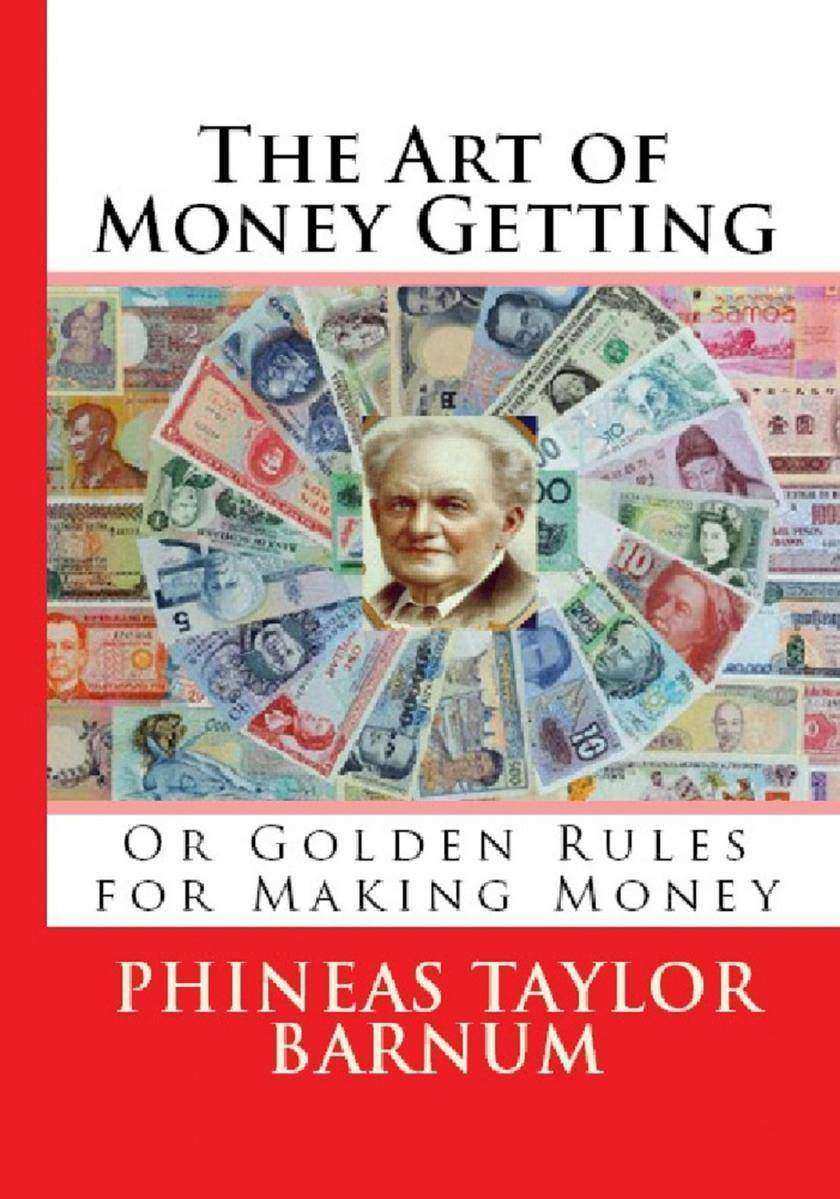
The Art of Money Getting: Golden Rules for Making Money
¥8.09
The Art of Money Getting: Golden Rules for Making Money
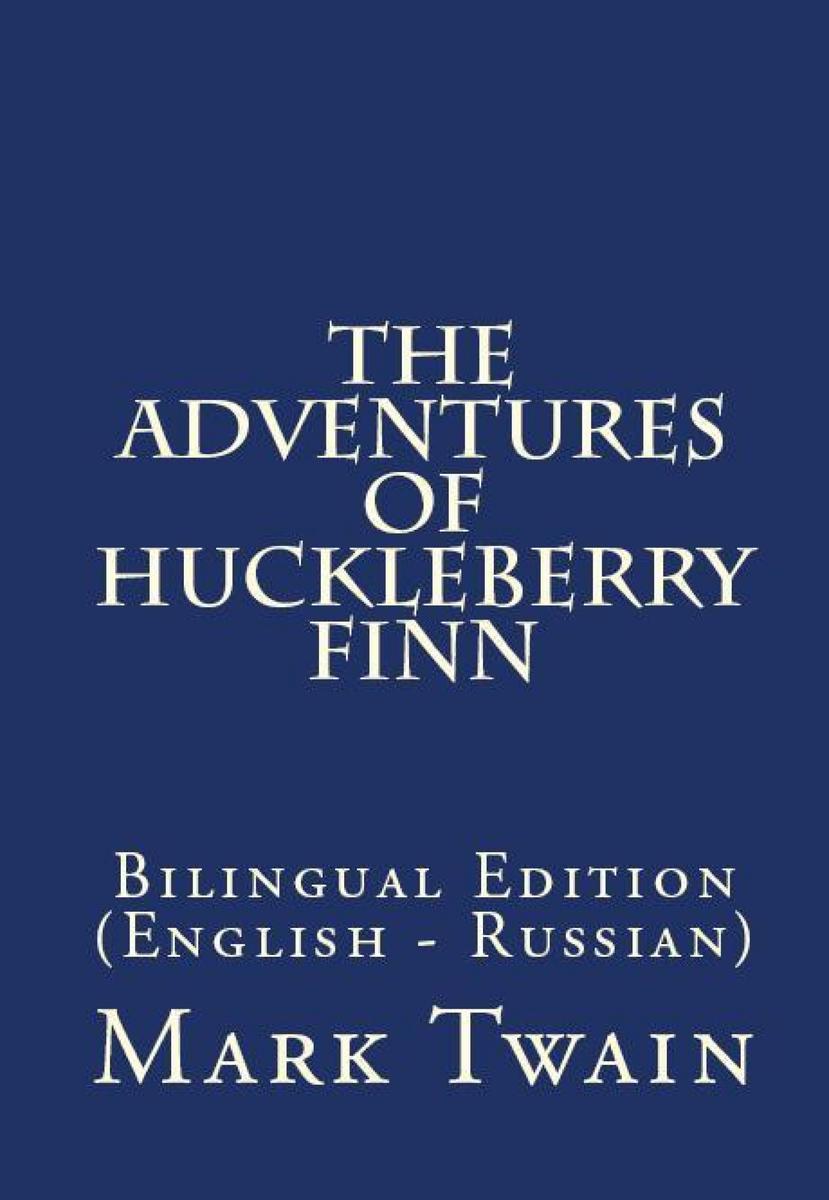
The Adventures Of Huckleberry Finn: Bilingual Edition (English – Russian)
¥40.88
The Adventures Of Huckleberry Finn: Bilingual Edition (English – Russian)
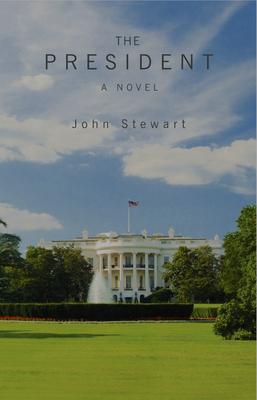
The President: A Political Novel
¥98.98
The President: A Political Novel
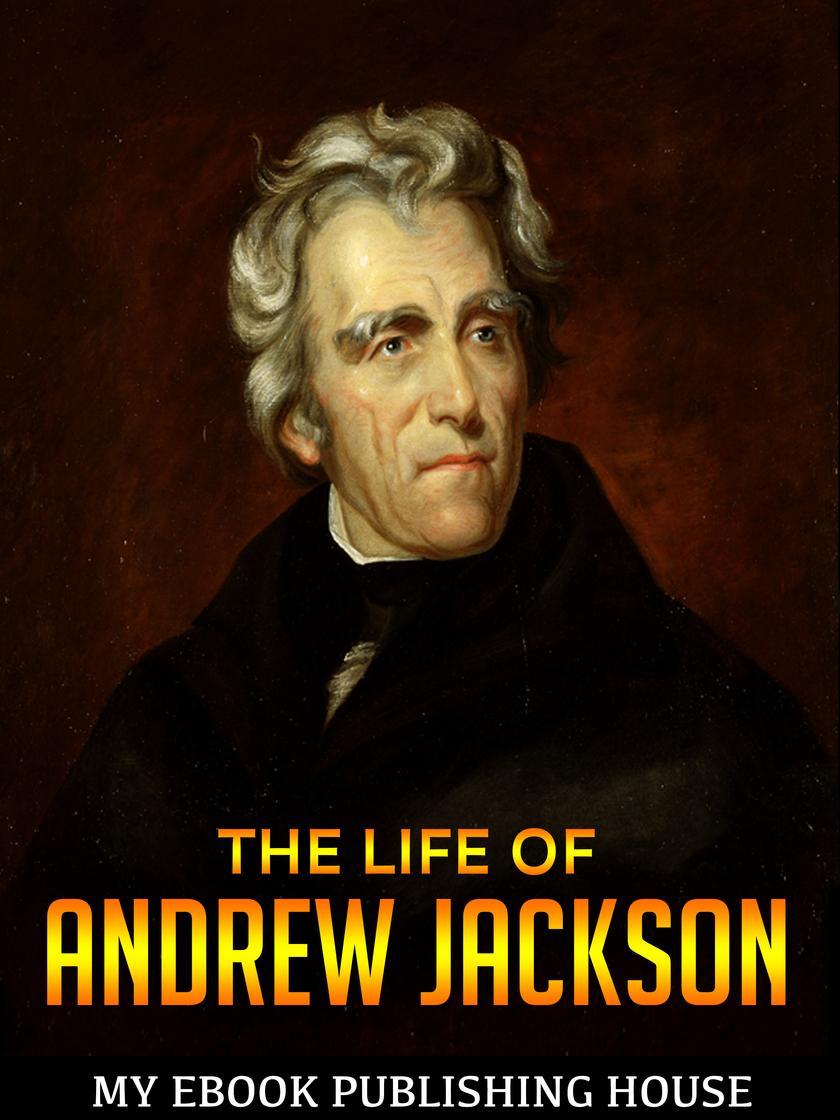
The Life of Andrew Jackson
¥32.62
The Life of Andrew Jackson
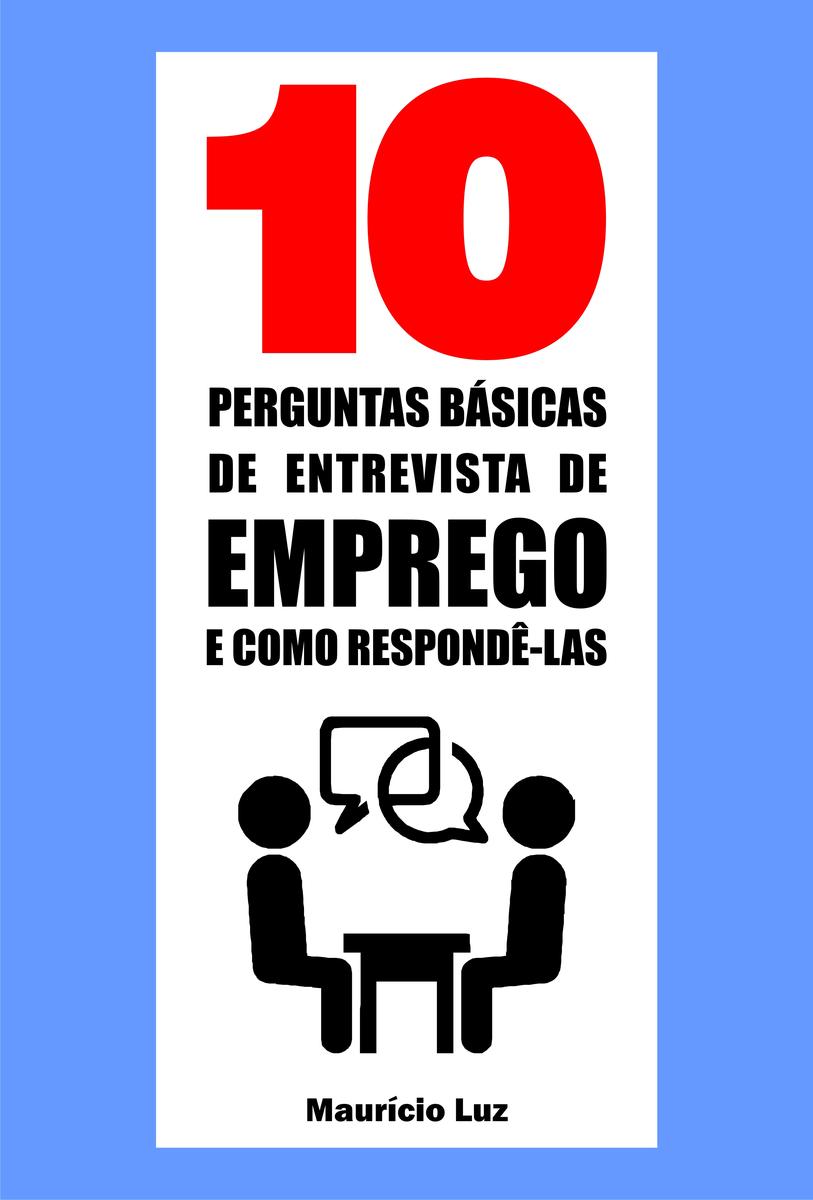
10 Perguntas básicas de entrevista de emprego e como respondê-las
¥8.18
10 Perguntas básicas de entrevista de emprego e como respondê-las
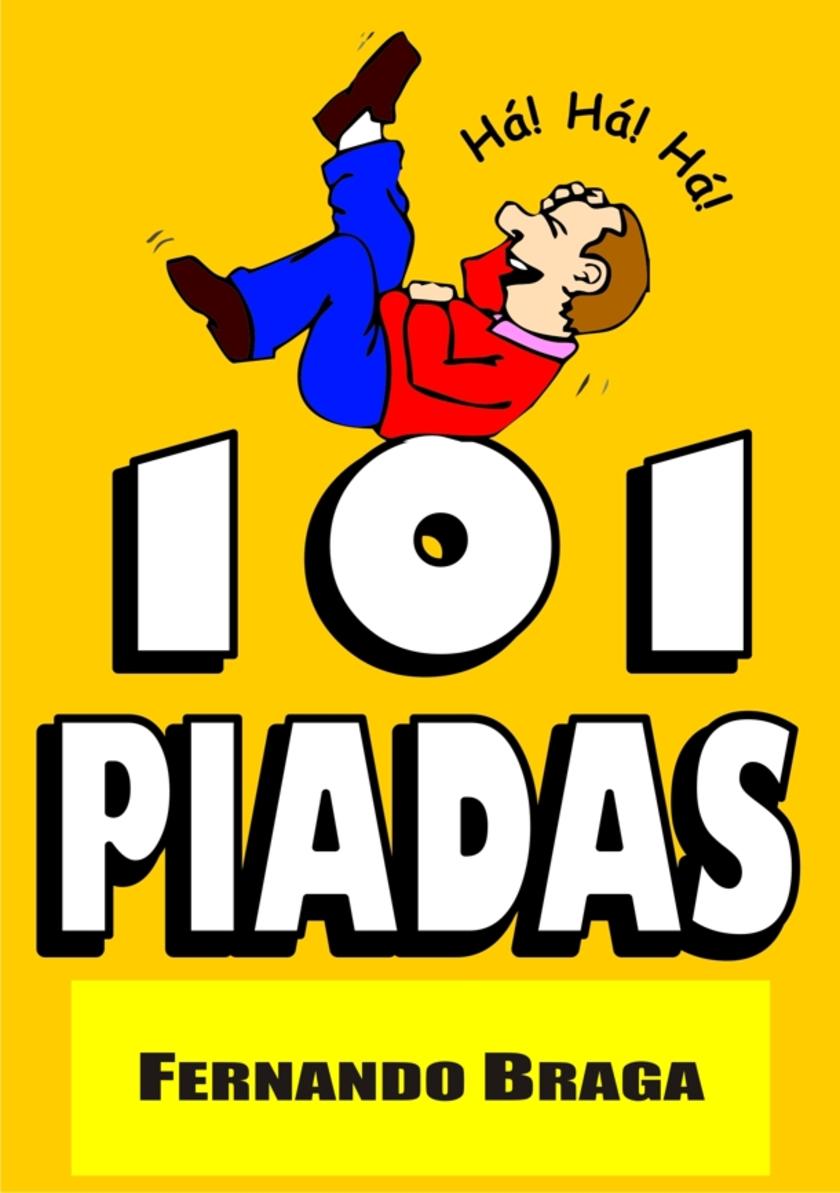
101 Piadas
¥8.18
101 Piadas

Three Men In A Boat: Bilingual Edition (English – Italian)
¥40.88
Three Men In A Boat: Bilingual Edition (English – Italian)




 购物车
购物车 个人中心
个人中心



